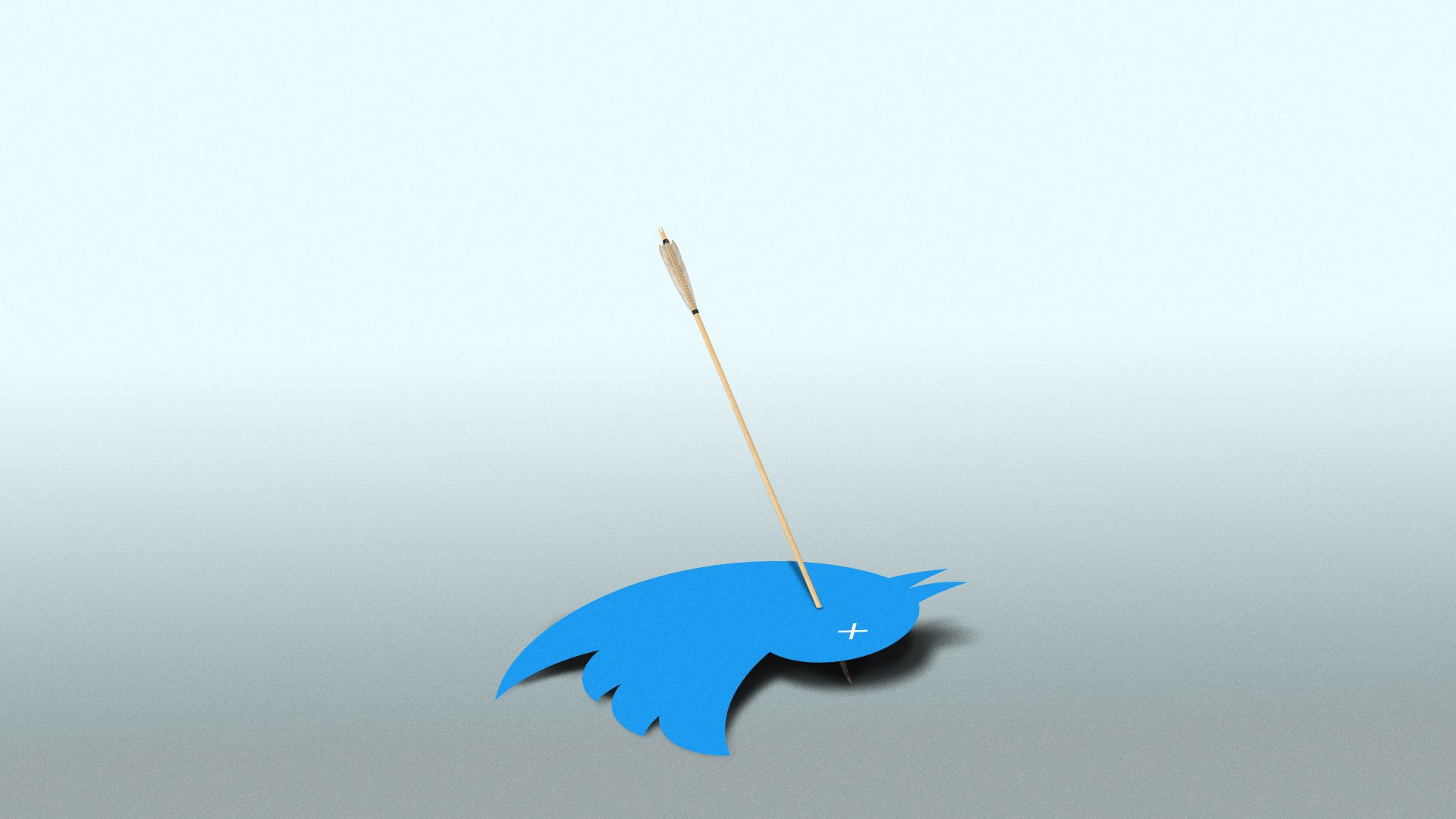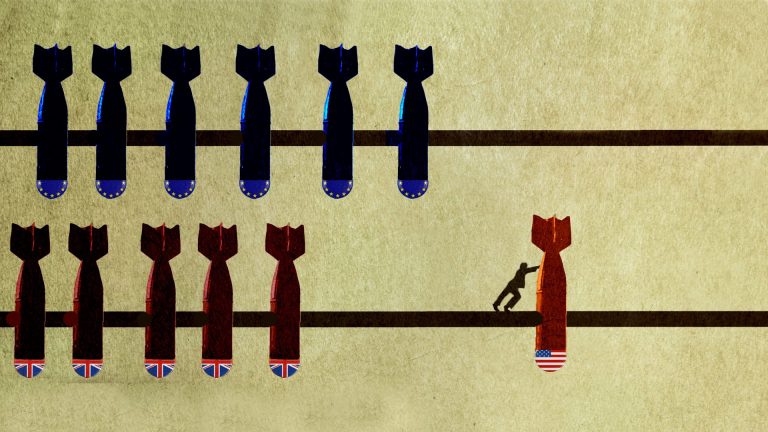Pity poor Linda Yaccarino, who has chosen for herself the 21st-century executive version of the punishment of Sisyphus in Greek fable. For the sin of murdering guests under his roof, Sisyphus was sentenced to spend eternity pushing a boulder up a hill, only for it to fall to the bottom every time he neared the summit.
Whatever Yaccarino did to deserve her current fate is unknown, but must have been fairly terrible, for she is cursed to around once a month make a big push to show that Twitter (currently known as X) has reformed and is once again a safe and even exciting place for advertisers, only for Elon Musk to immediately and spectacularly show that to be false, usually in humiliating ways.
The latest incarnation of this cycle, played out over the last week or two, was a humdinger. Taking Elon Musk’s decision to sign up disgraced former Fox News host Tucker Carlson to Twitter and trying to make something coherent out of it, the company also signed up Don Lemon – who was fired from CNN under a cloud, but is a gay black man and a moderate – to distribute his new show on the platform.
This was part of a strategy of Twitter “pivoting to video” – as Facebook and other networks tried years ago, with little success – but also trying to demonstrate a pivot to the mainstream.
The reasoning would be Twitter, as a “free speech” platform, would host fringe figures like Tucker Carlson, but would also do deals with people across the political spectrum. To mark the new show, Lemon and Elon Musk did a sit-down interview.
The resulting broadcast is more painful to watch than an instalment of the Saw horror franchise. When asked predictable, reasonable questions, Musk takes personal umbrage, appears visibly upset while saying he doesn’t care what people think, repeatedly refers to how little time he has left for the interview, and argues the questions aren’t “cogent”.
Minutes after concluding the interview – and days before it was broadcast – Musk brusquely terminated Lemon’s contract, leaving Yaccarino’s latest new plan in tatters. Tellingly, though, that was probably the least-bad aspect of Yaccarino’s work this month.
Musk, you see, continues to be persistently and aggressively himself on Twitter, constantly sharing false or at best distorted memes and videos while angrily insisting the social network is more accurate than the mainstream media – all the while reinstating extremists, even as he demands advertisers return.
A new low was hit this week when Twitter reinstated Martin Sellner, a far right Austrian who founded the “identitarian” movement (which argues European races are intrinsically superior to others), who received donations from and exchanged friendly messages with the terrorist who killed 50 people in two attacks on mosques in Christchurch, New Zealand.
Not only did Twitter reinstate Sellner, who had been banned from the platform since 2020, but it granted him a blue tick. More than that, Musk even replied to a tweet of his complaining about the possibility of Sellner being barred from entering Switzerland on the grounds of extremism.
Elon Musk isn’t trying to turn Twitter into a successful business. If that was ever his goal it is one he abandoned months ago. Instead, he is trying to either win on his own terms – deploying the reality distortion field of billionaires to insist the company is doing better than ever, as it haemorrhages cash – or else kill Twitter trying.
For Musk, Twitter (or “X” as he will insist on calling it) being killed by the libs is better than Twitter surviving by compromising with them. And yet, every day Linda Yaccarino has to go into the office and pretend she wants to do the latter.
Once again, her boulder is back at the bottom of the hill. It will never reach the top.










